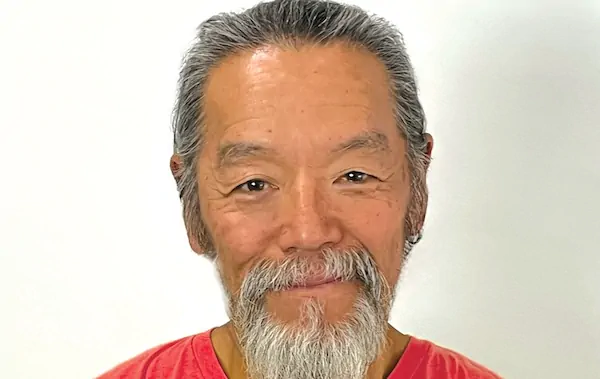When Volatility Arrives, Optimism is Key!
The focus here is on you as an investor! What do you bring to the table in terms of investment experience and personal temperament (emotions). This will impact your investment returns and satisfaction while building your nest egg.
2020 has been a year of extreme volatility. A key to investment success over time is to train your emotions to handle the uncertainty (natural and normal ups and downs) of the economy, life, and the investment markets.
The best time to start investing is early in life. When you have a long- term financial plan and many years to go before retirement, you are ideally positioned to handle market corrections and the emotional stresses that come with market volatility. This is where your investment advisor can offer support and encouragement to keep you focussed on the long-term game plan.
We have seen emotions undermine both beginner investors and those who have accumulated assets of over $1 million. A beginner investor starting out with $10,000-$30,000 is often concerned with losing part of their assets to a market correction. The coaching for this investor is to have them focus on the long-term objective of building assets that will generate retirement income of about $50,000 per annum (This is the amount that media surveys quote as the desired retirement income of the average Canadian.).
If our beginner investor’s portfolio dropped 10% during a market correction, they can easily make up this decline through additional savings. When they continue buying investments during a downturn, they are getting their favourite investment funds for a “sale price”.
A rule of thumb in building assets is that, in the beginning, your savings rate is more important than the investment returns. Once your asset values grow to around three times your annual earned income, then investment returns and savings rate become equally important.
As investment values grow to a substantial level, then investment returns matter the most. While monthly saving continues to play a role, the impact of new savings on overall capital accumulation may be small in terms of the overall portfolio returns. That is why investing for capital preservation plus returns for portfolios greater than $500,000 may become the primary focus.
There is a challenge for a nervous investor with a large portfolio ($1 million or more) and those who are retired with no way to replace lost investment assets. It often becomes more difficult for them to manage their emotional responses to market volatility. In those situations, it is vital to have professional advice, an impartial third party who can help you navigate the road ahead.
Those who gather a large amount of capital through the sale of a business, or a wind fall or inheritance later in life (in their 60’s or later) often allow the fear of loss or running out of money during retirement to interfere with long term investment planning principles.
Everyone has heard of the Seven (7) Wonders of the Ancient World. There are two (2) additional Wonders – Time and Compound Interest! That is why it is recommended that parents help to train their teens to handle money and invest early. Even if young people can only invest 5% or 10% of their income, but start early, it will create in them a discipline of saving/investing. In addition, they have time on their side.
The key to successful long-term investing is to keep your present situation in perspective and be optimistic that you can respond to any circumstances that life throws at you, while working with a professional advisor.
Call today for a review of how to help on your path towards financial success!























